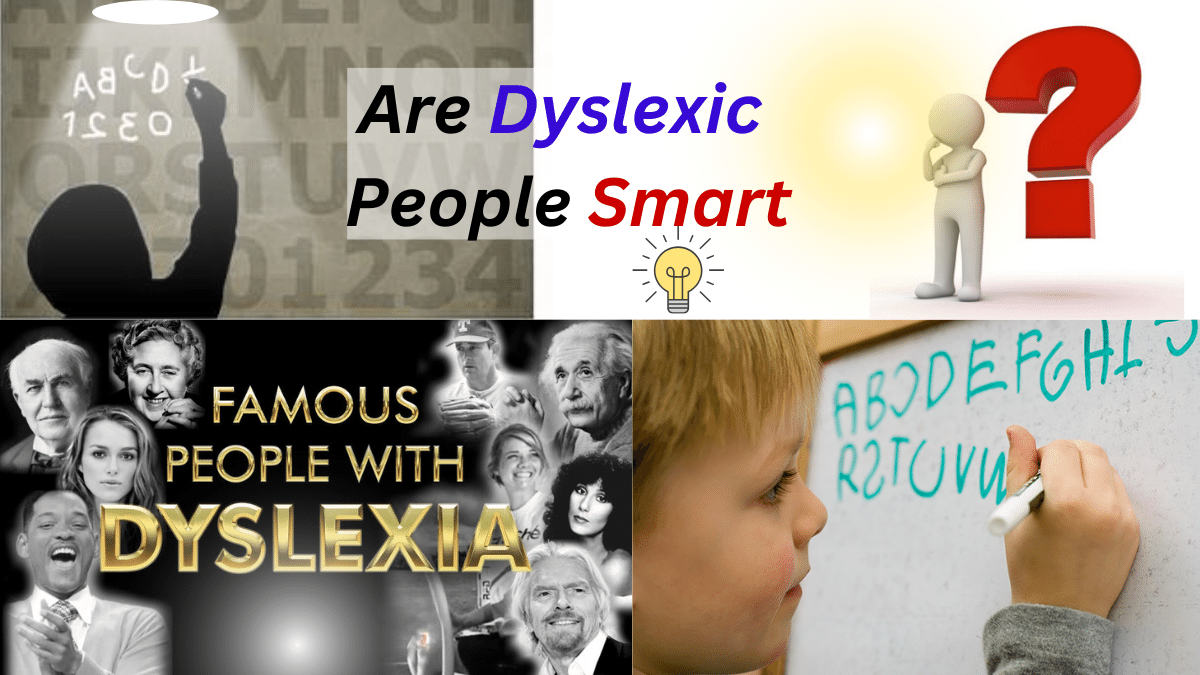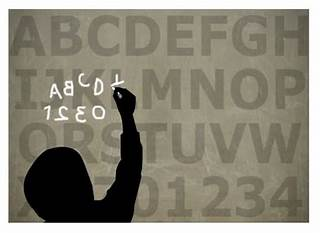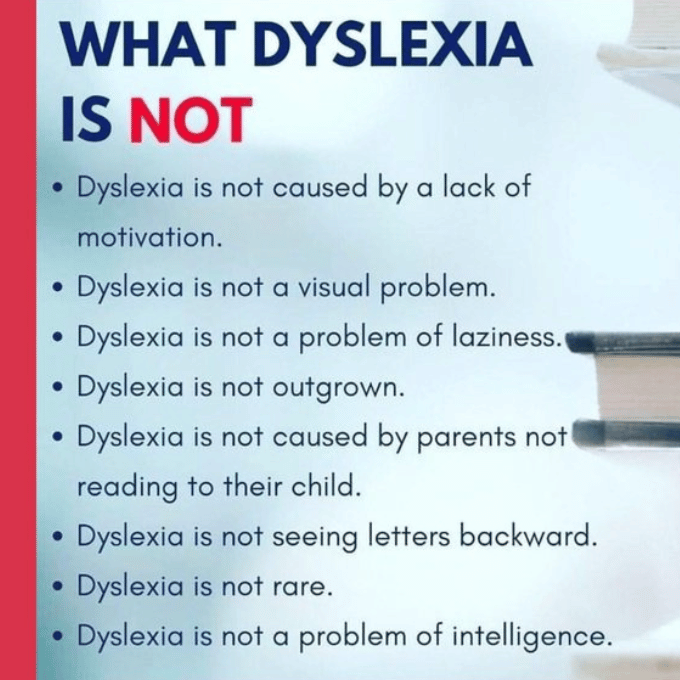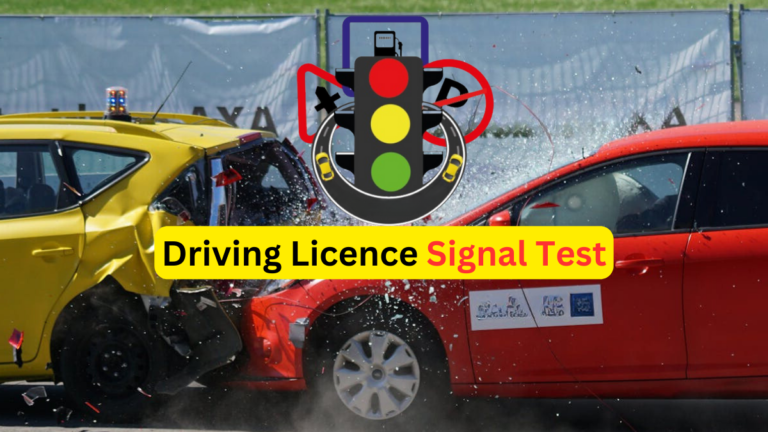
Are Dyslexic People Smart
Introduction
Dyslexia is a neurological condition that affects a person’s ability to read, write, and spell. It is often misunderstood and surrounded by myths. One of the most common myths is that dyslexic people are not smart. In this article, we will explore the truth about dyslexia and its relationship with intelligence and will know whether Are Dyslexic People Smart.
What is Dyslexia?
Before we know Are Dyslexic People Smart? Dyslexia is a learning disorder that affects the way the brain processes written and spoken language. It is not related to intelligence or vision problems. Dyslexia can cause difficulties with reading, writing, and spelling. It can also affect a person’s ability to speak and understand language.

Can You Have Dyslexia Without Reading Problems?
Yes, it is possible to have dyslexia without reading problems. Dyslexia is a complex disorder that affects different people in different ways. Some people with dyslexia may have difficulty with reading, while others may have difficulty with writing or spelling. Some people with dyslexia may have no difficulty with reading, writing, or spelling, but may struggle with other aspects of language, such as understanding idioms or following directions.
Can You Beat Dyslexia?
There is no cure for dyslexia, but it can be managed with appropriate interventions and accommodations. Dyslexia is a lifelong condition, but with the right support, people with dyslexia can learn to read, write, and spell. Early intervention is key to helping children with dyslexia succeed in school and life.

You may like to read USA Presidential Trivia
When Did Dyslexia Become a Diagnosis?
The term “dyslexia” was first used in 1887 by a German ophthalmologist named Rudolf Berlin. However, dyslexia was not recognized as a specific learning disorder until the 20th century. In the United States, dyslexia was first recognized as a specific learning disorder in the 1960s.
Does Dyslexia Affect More Males or Females?
Dyslexia affects both males and females, but it is more commonly diagnosed in males. This may be because boys are more likely to exhibit behavioral problems associated with dyslexia, such as hyperactivity and impulsivity. Girls with dyslexia may be more likely to internalize their struggles and may be misdiagnosed with other conditions, such as anxiety or depression.
How Does a Person with Dyslexia See Words?
People with dyslexia do not see words differently than people without dyslexia. Dyslexia is a problem with the way the brain processes language, not a problem with the eyes. People with dyslexia may have difficulty with phonological processing, which is the ability to recognize and manipulate the sounds of language.
How to Help a Teenager with Dyslexia
Teenagers with dyslexia may struggle with reading, writing, and spelling, which can make school and social situations challenging. Here are some tips for helping a teenager with dyslexia:
- Encourage your teenagers to advocate for themselves and ask for help when they need it.
- Work with your teenager’s teachers to develop accommodations that will help them succeed in school.
- Help your teenager develop good study habits, such as breaking down assignments into smaller tasks and using visual aids to help with memorization.
- Encourage your teenager to pursue their interests and hobbies outside of school to build confidence and self-esteem.
How to Help Dyslexic Students with Spelling
Spelling can be a challenge for dyslexic students because they may have difficulty with phonological processing. Here are some tips for helping dyslexic students with spelling:
- Teach spelling rules and patterns explicitly.
- Use multisensory techniques, such as tracing letters in sand or shaving cream.
- Encourage students to use mnemonic devices to remember spelling rules.
- Provide frequent opportunities for practice and feedback.
How to Study with Dyslexia
Studying can be a challenge for dyslexic students because they may have difficulty with reading and writing. Here are some tips for studying with dyslexia:
- Use visual aids, such as diagrams and charts, to help with memorization.
- Break down assignments into smaller tasks.
- Use text-to-speech software to read assignments aloud.
- Take frequent breaks to avoid fatigue.
What Accommodations Are Available for Students with Dyslexia?
There are many accommodations available for students with dyslexia, including:
- Extra time on tests and assignments
- Access to assistive technology, such as text-to-speech software
- Preferential seating in the classroom
- Use of a calculator for math assignments
- Access to a note-taker or scribe
What Does it Look Like to Read with Dyslexia?
Reading with Dyslexia can be challenging and frustrating. Some people with dyslexia may see letters or words as backward, upside down, jumbled, or bunched together. They may also have trouble sounding out words, recognizing familiar words, or comprehending what they read
When was dyslexia identified?
The first case of developmental dyslexia was reported by Pringle-Morgan, a British physician, in 1896. He described a 14-year-old boy who had a bright and intelligent mind but could not learn to read.
When you read backward?
Reading backwards means reading words or sentences from right to left, or from end to beginning. It is a skill that some people can develop with practice, while others may find it difficult or impossible.
Reading backward can have different purposes depending on the context. For example, some people may read backward to check for spelling or grammatical errors, to decipher codes or puzzles, to appreciate wordplay or humor, or to challenge their cognitive abilities.
Reading backward can also have different effects on the reader. For some, it may enhance their attention, memory, or creativity. For others, it may cause confusion, frustration, or headache. Reading backward may also reveal new meanings or perspectives that are hidden or overlooked in normal reading.
Famous People with Dyslexia Disorder

- Steve Jobs
- Co-founder of Apple Inc., Steve Jobs, was a visionary entrepreneur and inventor who revolutionized the technology industry.
- Albert Einstein
- Renowned physicist Albert Einstein, known for his groundbreaking theories, struggled with dyslexia during his academic journey.
- Oprah Winfrey
- Media mogul Oprah Winfrey, a prominent talk show host, producer, and philanthropist, has openly shared her experience with dyslexia.
- Richard Branson
- Entrepreneur and founder of the Virgin Group, Sir Richard Branson, overcame dyslexia to become one of the most successful business magnates globally.
- Tom Cruise
- A-list actor Tom Cruise, known for his roles in blockbuster films, has spoken about his experience with dyslexia and how it influenced his approach to learning.
- Whoopi Goldberg
- Academy Award-winning actress and television host Whoopi Goldberg has been a vocal advocate for dyslexia awareness.
- Steven Spielberg
- Legendary filmmaker Steven Spielberg, known for iconic movies, faced dyslexia-related challenges in school but went on to shape the landscape of cinema.
- Sir Winston Churchill
- Former Prime Minister of the United Kingdom, Winston Churchill, was a statesman and orator who grappled with dyslexia throughout his political career.
- Cher
- Multi-talented artist Cher, an iconic singer and actress, has shared her journey of overcoming dyslexia in the entertainment industry.
- Sir Jackie Stewart
- Three-time Formula One World Champion Sir Jackie Stewart, known for his success in motor racing, managed dyslexia while achieving excellence on the racetrack.
- Pablo Picasso
- Renowned artist Pablo Picasso, one of the most influential figures in modern art, exhibited signs of dyslexia during his formative years.
- Agatha Christie
- Best-selling author Agatha Christie, known for her detective novels, faced dyslexia-related challenges but went on to become a literary icon.
Conclusion: Are Dyslexic People Smart?
Absolutely. Intelligence is diverse, and dyslexic individuals often possess unique cognitive strengths, including heightened creativity and problem-solving abilities. Dyslexic individuals often exhibit heightened creativity, problem-solving skills, and resilience, showcasing that dyslexia can contribute to unique strengths.



